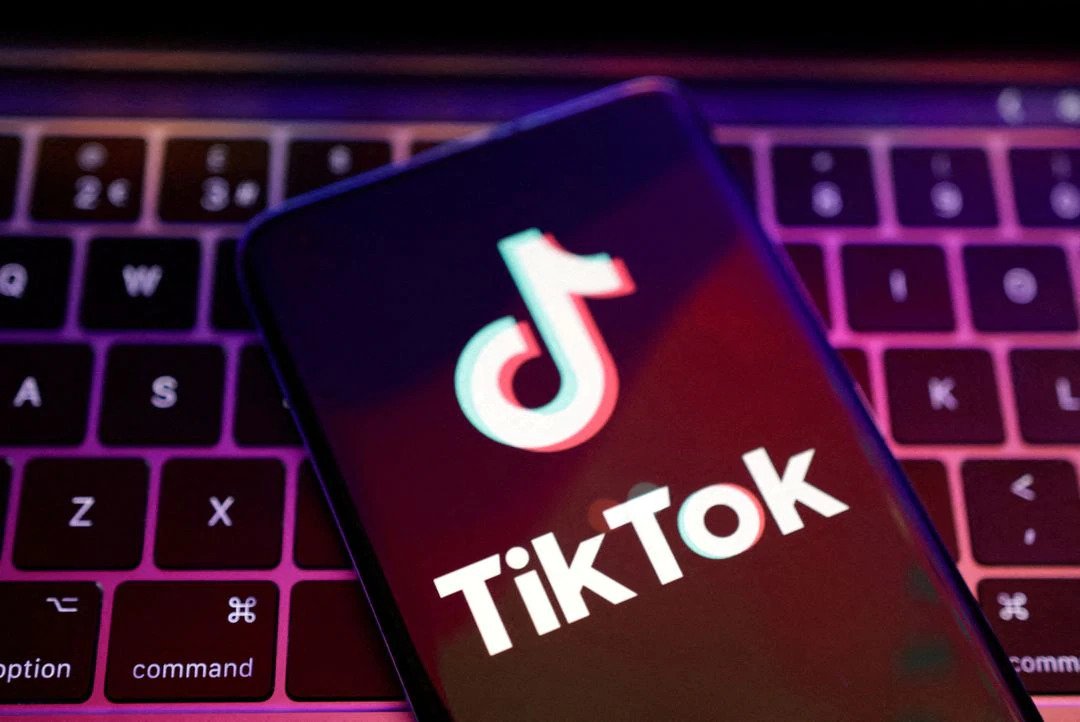(Reuters Breakingviews) – The United States has a new kind of Trojan horse. The Federal Bureau of Investigations and Central Intelligence Agency have warned that social media firm TikTok, owned by Chinese giant ByteDance, poses serious privacy concerns. Parts of the U.S. government are struggling to keep Americans from satisfying urges to download dance snippets. Meantime, one of China’s largest companies creeps into U.S. homes.
Roughly one in three Americans uses the video-viewing app, according to ByteDance. Americans spend an average of 82 minutes per day on TikTok, double the time scrolling Facebook and Instagram and triple that spent on Twitter, according to SensorTower. The saturation has raised alarms. FBI Director Chris Wray told U.S. lawmakers in November that the Chinese government could use TikTok to influence users or monitor devices.
The White House tasked the Committee on Foreign Investment in the United States with deciding whether TikTok can cut a deal to mitigate risks. The company has offered greater oversight over TikTok and complied in other ways, including forming a partnership with Oracle (ORCL.N) to store user data. Yet Reuters reported Friday that TikTok stopped a process to hire consultants that would help implement a security agreement.
A bipartisan group in Congress introduced legislation in December that would ban TikTok, but Democrats said they are waiting to see the results of the CFIUS negotiations before taking action. While the Biden administration mulled an executive order, the measure was shelved, too, as CFIUS talks continued, Politico reported in December.
A sweeping embargo on Chinese tech firms isn’t unheard of. Late last year the Biden Administration blocked the sale of new equipment from China’s Huawei and ZTE, saying the technology poses an “unacceptable risk.” Software is harder to ban than hardware, as U.S. judges have been skeptical of allowing an executive action to target individual apps. Former President Donald Trump tried to stop new users from downloading TikTok, but the Biden administration revoked the measure after it was blocked by U.S. courts, with one judge saying Trump “likely overstepped.”
Still, politicians have tools. Pursuing a federal data-privacy law could shield Americans from being tracked, for example. And American politicians often make life hard for firms working on behalf of adversaries. Former U.S. President Donald Trump had no problem taxing goods from China, for example. While TikTok’s song and dance clips seem innocent enough, failure to regulate leaves the Chinese government with easy access to millions of Americans’ day-to-day activities.
The United States banned the use of TikTok on government devices on Dec. 30. The move followed similar embargoes enacted by state governments and defense agencies citing national security risks.
TikTok recently paused plans to hire consultants that would help enact a security deal with the United States, according to a Reuters article. The move comes as officials at the Federal Bureau of Investigation and the Central Intelligence Agency oppose such an agreement.








